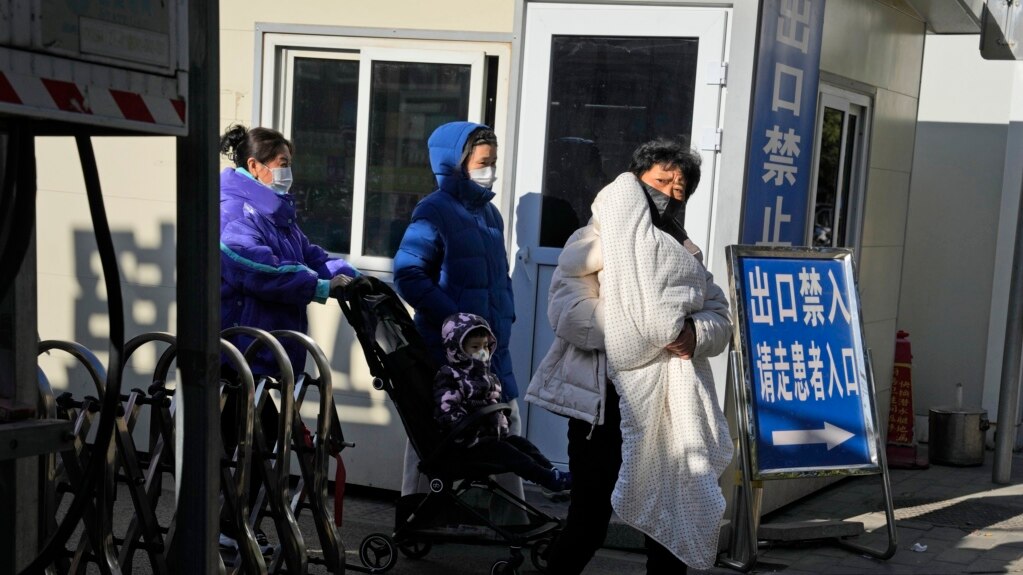China called for caution on Friday as an increase in respiratory illness hit its schools and hospitals. And the World Health Organization (WHO), which has asked the Chinese government for disease data, said no unusual or new diseases had been found.
China is dealing with an increase of respiratory illnesses as it enters its first full winter season since it lifted strict COVID-19 restrictions in December. Cases among children appear to be especially high in northern areas like Beijing and Liaoning where there are long hospital waits.
The State Council said influenza would increase this winter and spring. It said pneumonia would continue to be high in some areas in the future. It also warned of the risk of a rise in COVID-19 infections.
"All localities should strengthen information reporting on infectious diseases to ensure information is reported in a timely and accurate manner," the State Council said in a statement.
The situation gained attention this week after the WHO asked China for more information about the increase in infections. The organization noted a report by the Program for Monitoring Emerging Diseases (ProMED) on undiagnosed pneumonia in children.
Both China and the WHO have faced questions about their reporting on the earliest COVID-19 cases that first appeared in Wuhan in late 2019.
On Thursday, the WHO said China had answered its request for information. The data China provided suggested the cases were connected to the lifting of COVID restrictions along with the spread of known diseases like pneumonia. Both COVID-19 and SARS, another viral disease caused by coronavirus, were first reported as unusual kinds of pneumonia.
This month, Chinese officials began issuing health advisories and warning the public of long waits at crowded hospitals. But officials have not put in place restrictions like the ones during the COVID pandemic, such as face coverings or closing schools.
Paul Hunter is a professor of medicine at Britain's University of East Anglia. He doubted the wave of infections was caused by a new disease.
“If it was (a new disease), I would expect to see many more infections in adults,” he said in a statement. “The few infections reported in adults suggest existing immunity from a prior exposure.”
Francois Balloux is with University College London. He said China was probably experiencing an increase of childhood infections because this was the first winter since lockdown restrictions were lifted. The lockdowns likely reduced children's immunity to common illnesses, Balloux said.
Parents in Shanghai on Friday said they were not overly concerned about the increase of sickness. While they said it appeared to be more severe, they expected it to pass.
"Colds happen all over the world," said Emily Wu outside a children's hospital. "I hope that people will not be biased because of the pandemic ... but look at this from a scientific perspective."
I’m Dan Novak.

